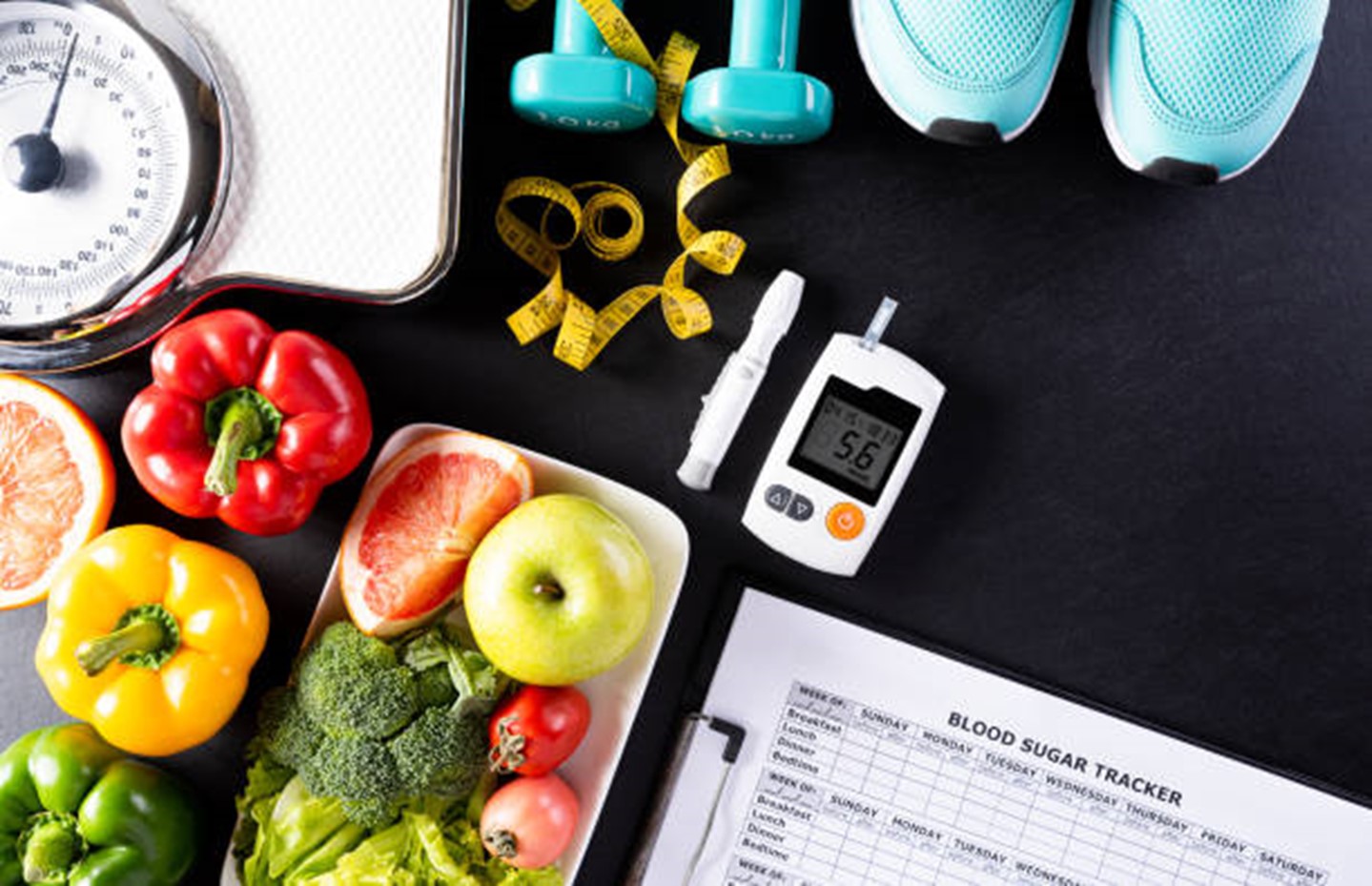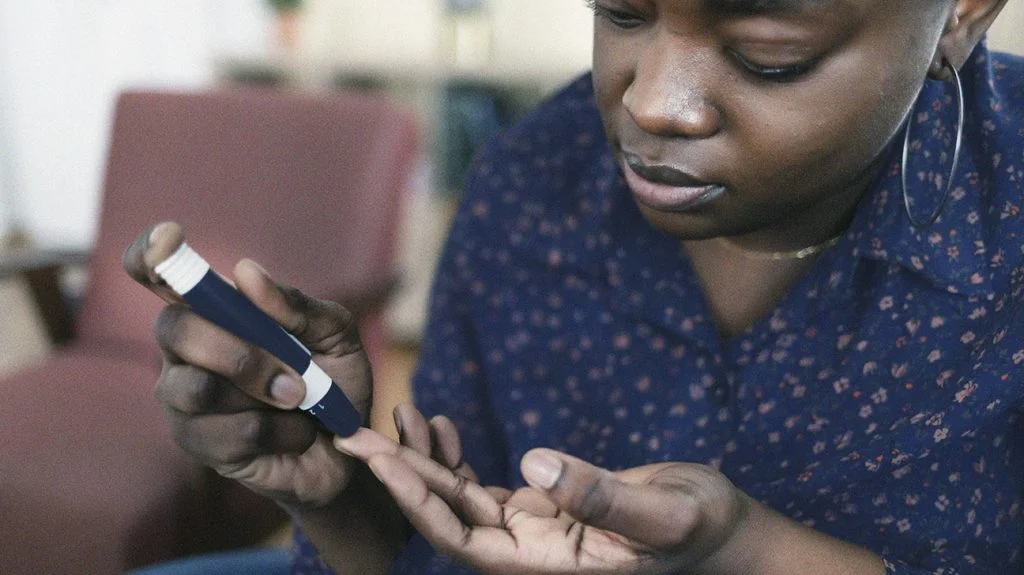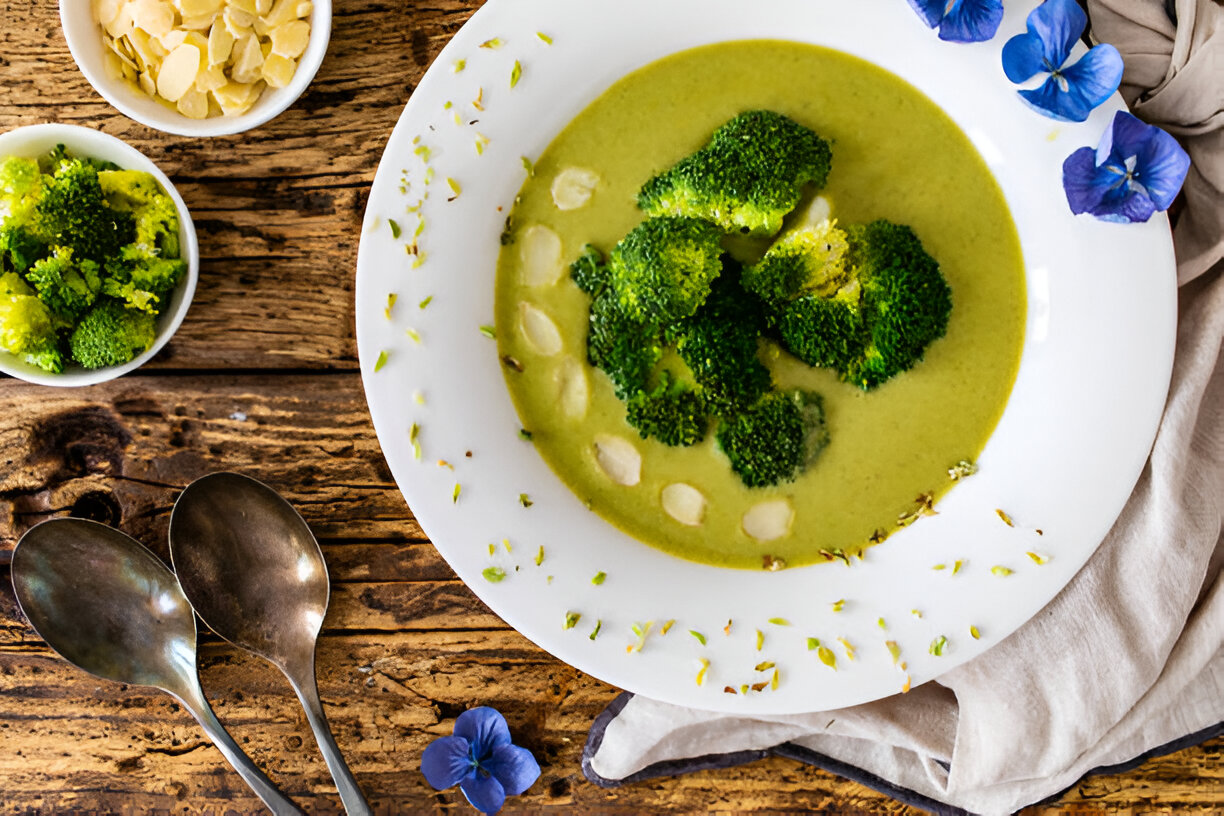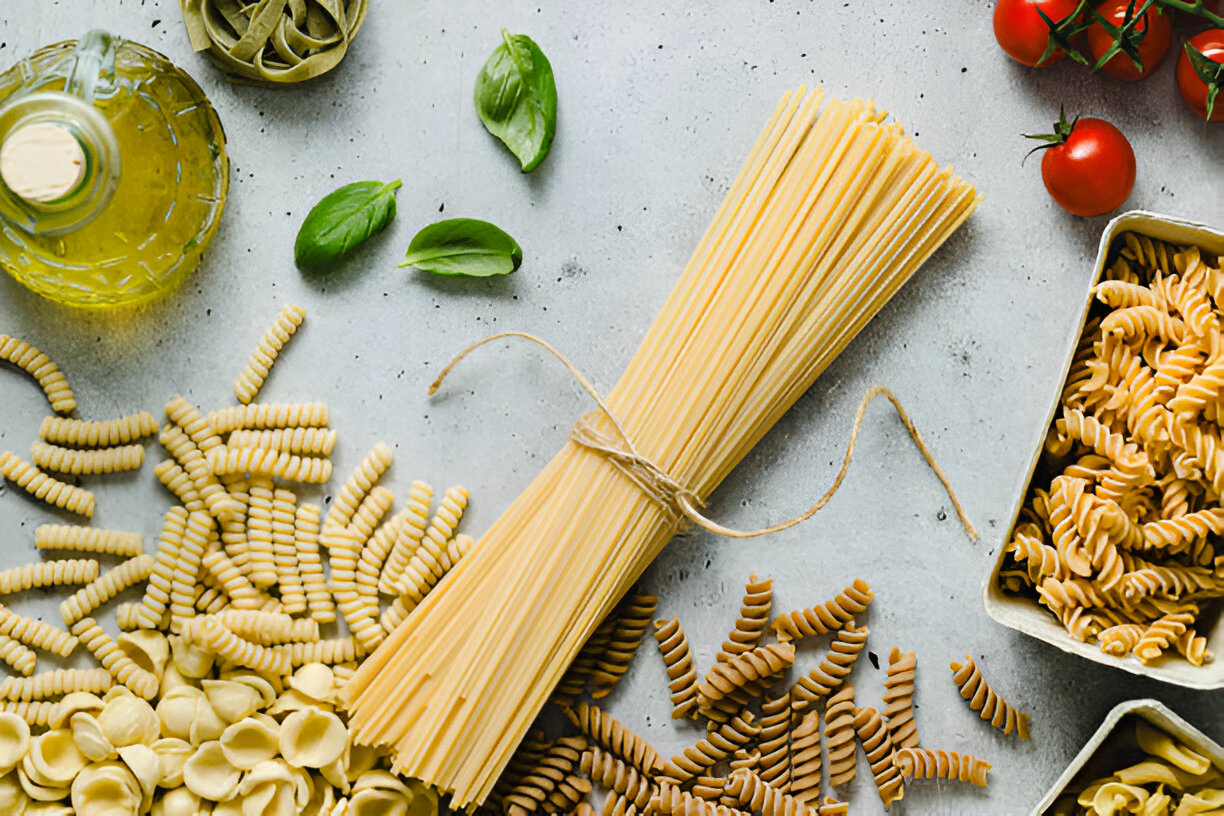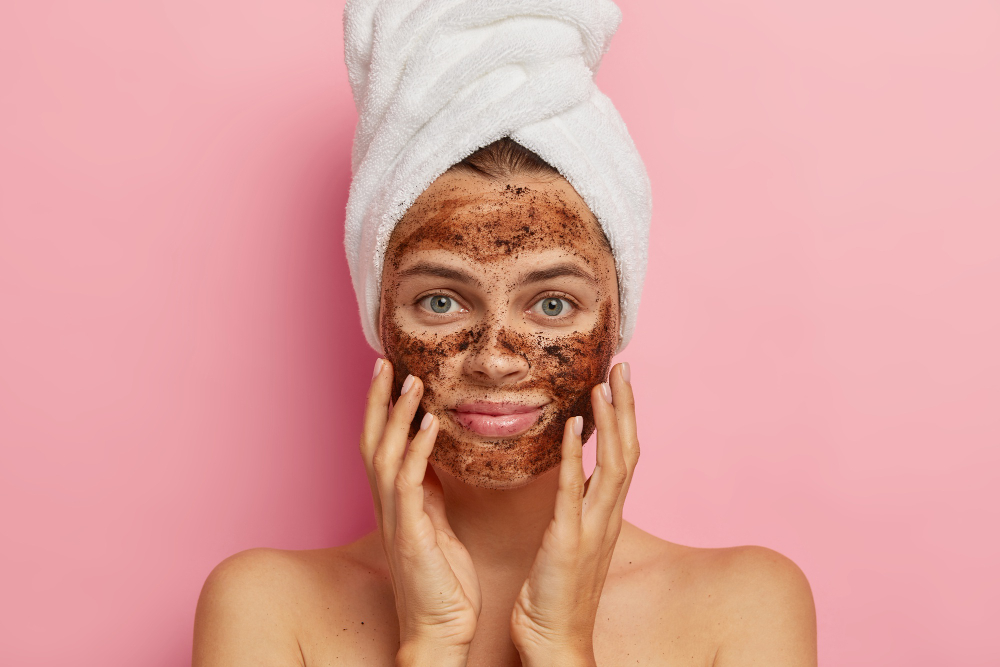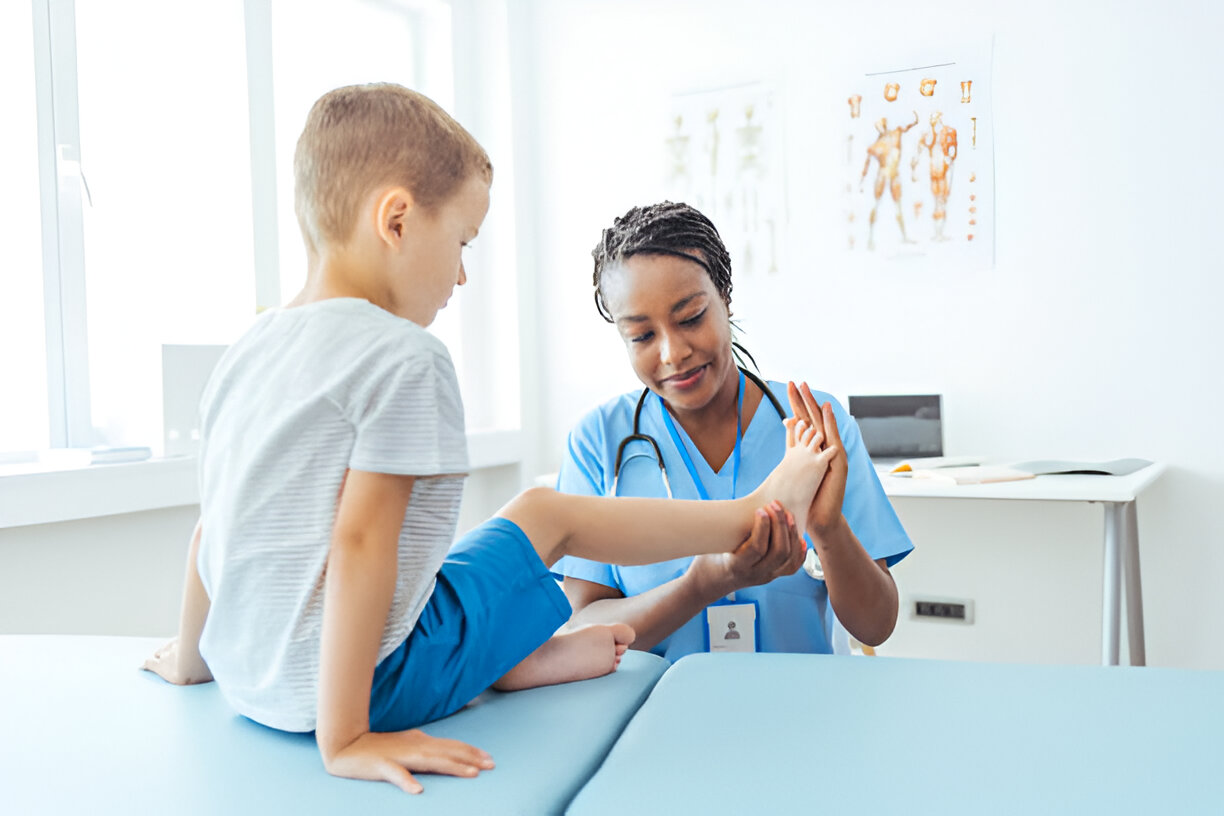
All five of our senses are busy transmitting messages to our brains. Billions of little nerve connections are at work, firing away and distributing signals.
The part of our bodies sending the most information to our brains during a kiss is, without a doubt, the lips. Packed with nerve endings, they are extremely sensitive to pressure, warmth, cold, and indeed to every kind of stimulus.
One of the most remarkable things about the brain's role in kissing is the disproportionate neural space associated with our lips compared with the rest of our bodies. Just a light brush on them stimulates a very large part of the brain — an area even more expansive than would be activated by sexual stimulation below the belt.
Your Brain on Kissing

A kiss sends sensations directly to the limbic system, those parts of our brains associated with love, passion, and lust. As neural impulses bounce between the brain and the tongue, the facial muscles, the lips, and the skin, they stimulate our bodies to produce a number of neurotransmitters and hormones.
One of the most important neurotransmitters is dopamine. Spiking during a kiss, dopamine is responsible for a rush of elation and craving and can also result in the obsessive thoughts that many of us experience with a new romance — almost like an addiction.
And no wonder: This neurotransmitter is involved in stimulating the same part of our brains as cocaine. It primes us to want more, making us feel energized. Some people pumping lots of dopamine even lose their appetites or find that they cannot fall asleep — not surprisingly, the same “symptoms” commonly described when “falling in love.”
Love Is Like a Drug

Dopamine also allows us to recognize interesting situations, remember pleasurable experiences, and seek new ones. During the early period of a relationship, novelty triggers a rush of this neurotransmitter, and kissing more than does the trick.
With a special person, that first lip contact can literally drug us with feelings of euphoria. Dopamine is probably the reason people say they feel like they are “on cloud nine” or “walking on air.”
When the Honeymoon Is Over

But in all relationships, the novelty wears off relatively quickly, and our biology places a limit on how long the “high” conferred by dopamine can last.
Studies have shown that levels of this intoxicating neurotransmitter decrease as we become more accustomed to a romantic partner, which might be why sexual desire tends to wane with the same person over time.
Dopamine must share its role with many other neurotransmitters, notably oxytocin, which fosters feelings of attachment and affection. A good kiss will also increase the body's level of serotonin, another important chemical involved in regulating our emotions.
Like dopamine, serotonin can cause obsessive feelings and thoughts about another person. In fact, serotonin levels in someone who reports having just “fallen in love” rival those of patients suffering from obsessive-compulsive disorder.
Meanwhile, a stress hormone called norepinephrine may be responsible for the sensation of feeling weak in the knees.
Finally, the brain sends signals to the adrenal gland to secrete epinephrine (commonly known as adrenaline), boosting our heart rate, making us sweat, reducing stress, and priming our bodies for more physical contact. It also has the potential to distort our perception of a kiss itself.
The rush we feel can enhance the experience (or even fool us into pursuing a poorly suited match). But when the mood, the emotions, and the chemical signals are right, a kiss might just be the start of a very intimate evening.





